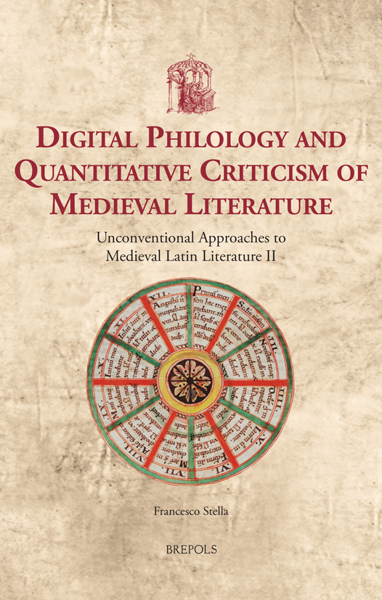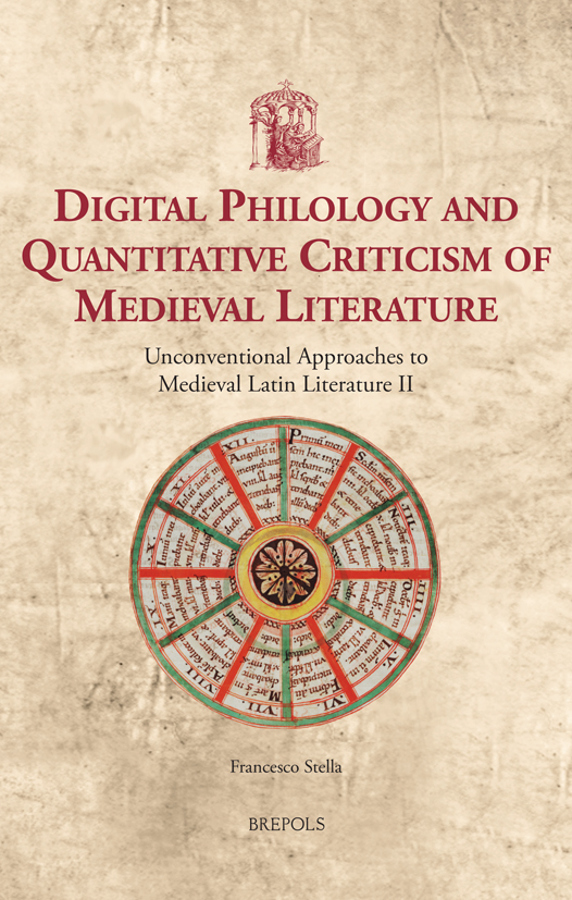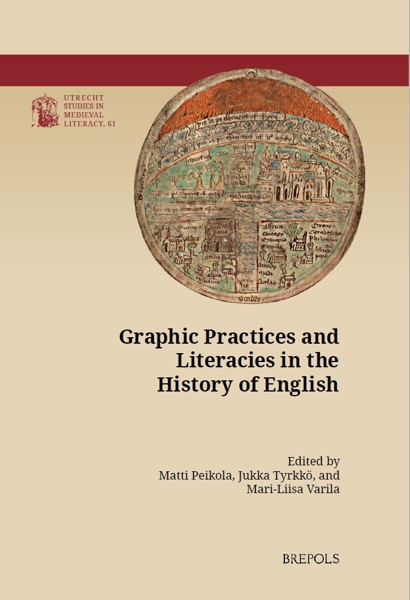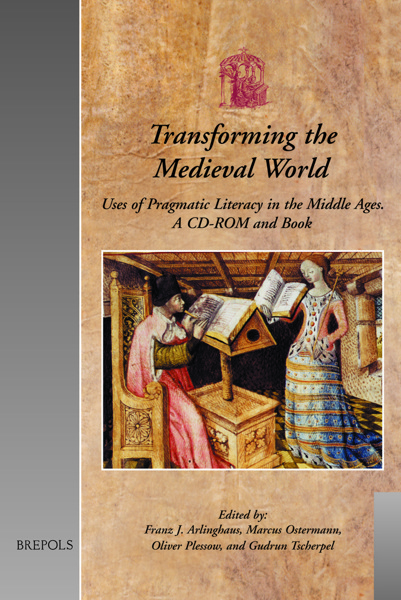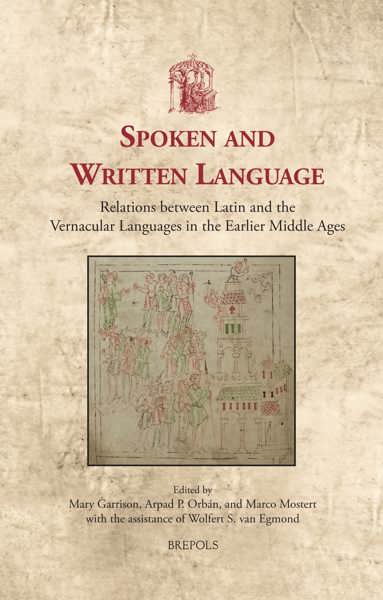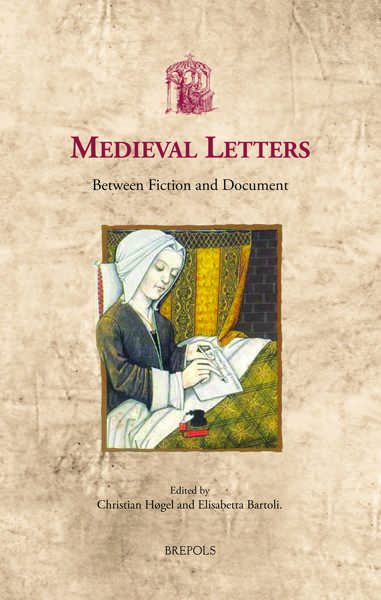
Digital Philology and Quantitative Criticism of Medieval Literature
Unconventional Approaches to Medieval Latin Literature II
Francesco Stella
- Pages: xii + 279 p.
- Size:156 x 234 mm
- Illustrations:40 b/w, 4 tables b/w.
- Language(s):English
- Publication Year:2021
- € 80,00 EXCL. VAT RETAIL PRICE
- ISBN: 978-2-503-58801-8
- Hardback
- Available
- € 80,00 EXCL. VAT RETAIL PRICE
- ISBN: 978-2-503-58802-5
- E-book
- Available
This is the first volume dedicated to the exploration and edition of Medieval Latin texts by quantitative and digital means.
"These two volumes offer both general and specialist accounts of medieval Latin, with emphasis on the technical innovations of the Carolingian era, and their counterparts in modern instruments of scholarship. The focus on Carolingian poetics in Volume I gives book history a critical centrality, greater even than classical reception, in the aesthetic principles that animated the poetry of that era. In Volume II, Stella's thoughtful analyses of DH methods and typologies of its problematics provide welcome insights into the intellectual implications of digital technologies brought to bear on a manuscript culture." (Rita Copeland, in: The Journal of Medieval Latin 32, 2022, p. 277-279)
Francesco Stella, member of the Academia Europaea, is professor of Medieval Latin Literature at the University of Siena and head of the Master program in Digital Edition. The author of essays and monographs on Carolingian literature, Biblical poetry, and 12-13th century epistolography, he coordinates some of the first research projects on digital philology of medieval Latin texts, and directs the series Scrittori latini dell’Europa medievale and Hagiographica Coreana.
Building on The Carolingian Revolution: Unconventional Approaches to Medieval Latin Literature I (http://www.brepols.net/Pages/ShowProduct.aspx?prod_id=IS-9782503587998-1), this is the second of two volumes proposing ways of reading medieval Latin texts which, up to now, have had little or no attention within literary studies. This volume is founded on the belief that ‘the unprecedented empirical power of digital tools and archives offers a unique chance to rethink the categories of literary study’ (F. Moretti).
The book’s first section presents cases studies applying ‘quantitative’ criticism based on the linguistic and stylistic use of frequency wordlists which, thanks to digital tools and to a larger literature, are becoming more easily accessible and more powerful. The chapters of this section lead the reader from an application of stylometry within a traditional critical exercise, via the structured use of frequency indexing as a warning light for cultural or stylistic phenomena undetectable to the naked eye, to more technical corpus analysis experiments based on linguistic evolution or authorship attribution. The second section explores the encoding problems the author has faced when working on the realisation of digital editing projects such as the Corpus Rhythmorum Musicum, the Archivio della Latinità Italiana del Medioevo (ALIM), Lexicon, and the Eurasian Latin Archive (ELA), and proposes reflections on the typology of digital philological editions.
The Mechanic Reader: Instead of an Introduction
Quantitative Criticism
Chapter 1. Venantius Fortunatus in Medieval Latin Poetry
Chapter 2. The Representations of the Book in Carolingian and Ottonian Poetic Texts: The Birth of Paratextual Poetry
Chapter 3. Europe’s Name is Europa: ‘Europe’ and ‘European’ in Early Medieval Latin Texts
Chapter 4. The Landscape as a Memory Construction in the Latin Petrarch
Chapter 5. Generic Constants and Chronological Variations in Statistical Linguistics on Latin Epistolography
Chapter 6. Statistical Indicators of Proximity to the Early Romance Languages: Experimental Applications to Early Medieval Rhythmic Poetry
Chapter 7. Computer Analysis of the Lexicon and Identification of the Authors in the Epistolae duorum amantium (Twelfth Century)
Digital Philology
Chapter 8. Encoding Issues in Philological Digital Editions
Chapter 9. Digital Philology, Medieval Texts, and the Corpus Rhythmorum Musicum, a Digital Edition of Music and Poems
Bibliography
Indices
